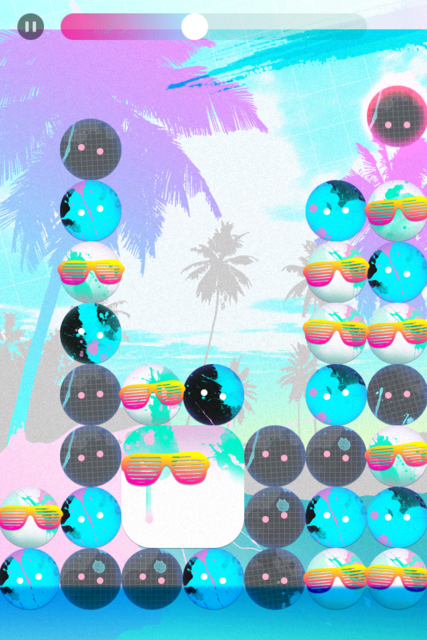This post has not been edited by the GamesBeat staff. Opinions by GamesBeat community writers do not necessarily reflect those of the staff.
 Three very small events occurred recently that have changed my perception of developer-player relationships.
Three very small events occurred recently that have changed my perception of developer-player relationships.
It’s with some cynicism that I characterize how I used to envision such interactions. We love playing video games and developers love making video games, but external forces placed artificial barriers between the two. One can only assume that this was to protect the interests of a third party — the video-game publisher — and it was quite the extraordinary set of obstacles.
This isn’t to say that developers are bound and gagged, having their words pushed through search-engine-optimized (SEO) filters. Some developers are all too happy to provide candid and on-the-record opinions. David Jaffe, Gabe Newell, and Ken Levine are just a few of these forthright industry insiders who will often speak their minds. I find that they not only provide insight into our video-game experiences but make them even better.
These are special cases, and they are still quite a distance from the average player. For all his candidness, Gabe Newell still gets 10,000 emails after each new release (which he points out during the Portal 2 commentary). Even if they are willing to say something interesting (which many will mistake as controversial), it’s hard to engage developers on a personal level.
The first event that has jostled my cynicism was fairly innocuous enough. Upon purchasing the last Humble Indie Bundle, I tweeted some quick impressions of each game. After I posted a bite-sized comment about Jamestown: Legend of the Lost Colony, Tim Ambrogi of Final Form Games quickly responded and asked for more feedback. Given my brief experience with the game, I was (and woe upon me, still am) unprepared to formulate an answer. The completely unsolicited tweet, however, was very much appreciated. I still intend to respond in the future.
 Soon after, I begin playing the extraordinary game Radballs for iOS. For the deprived, a brief explanation is in order: Picture Bejeweled meets Lumines in a slick 1980s aesthetic complete with neon-coated remixes of OK Go tracks and original retro-revisionist tunes.
Soon after, I begin playing the extraordinary game Radballs for iOS. For the deprived, a brief explanation is in order: Picture Bejeweled meets Lumines in a slick 1980s aesthetic complete with neon-coated remixes of OK Go tracks and original retro-revisionist tunes.
On the complete opposite end of the spectrum, another iOS game makes me feel like a gentleman…in the same way Radballs makes me feel like a coked-out, new wave nihilist as penned by Bret Easton Ellis.
Upon downloading the latest update, I was chagrined to discover that developer Zach Gage had optimized the game…very much so in the case of my 4th-generation iPod Touch. My favorite way to play, Rush Mode, forces the player to complete words as a gauge fills up toward adding a new line of letters. Stack too many, and the game is over. It turns out that, in the old version, I was probably getting much higher scores due to lag. The update brought my version up to snuff, which in turn made the gauge move faster and allowed for much lower scores…I can’t even get to half my old high score.
Perturbed, I took to Twitter and engaged Zach Gage concerning this issue. He took way too much time out of his day to get to the bottom of this and apologized profusely for not being able to do anything. Of course, it wasn’t his fault…my device had set different expectations than he had intended. That didn’t make him any less worried about my issue. Indeed, he was downright saddened that I was now appreciating a single mode in his wonderful game just a little bit less.
These three, very brief encounters demonstrate the value of the indie-gaming ethos. Values, I will hasten to point out, which ought to be studied by all the social-media-manager hires in the world. On three separate occasions, two of which the creator sought me out, I was able to converse with the developer directly and read their thoughts and concerns.
You’ll never hear as much bellyaching over a single term in all of video games as you will with "indie" (with perhaps the possible exception of Sonic the Hedgehog, a matter quite beyond the scope of our discussions at the moment). "What is indie gaming?" pundits will moan. Nonsensical question, I say. Indie titles merely represent a smaller scale of game that people develop outside of business models, marketing, and, in some cases, practical thinking (which are often accounted for clumsily after the fact). By extension, that means developers have alternative motivations for their projects…motivations succinctly expressed in Aesop Rock’s immortal lines:
We the American working population
Hate the nine to five day-in/day-out
But we'd rather be supporting ourselves
By being paid to perfect the past times
That we have harbored based solely on the fact
That it makes us smile if it sounds dope.
Even if you have to find them yourself on Twitter.
